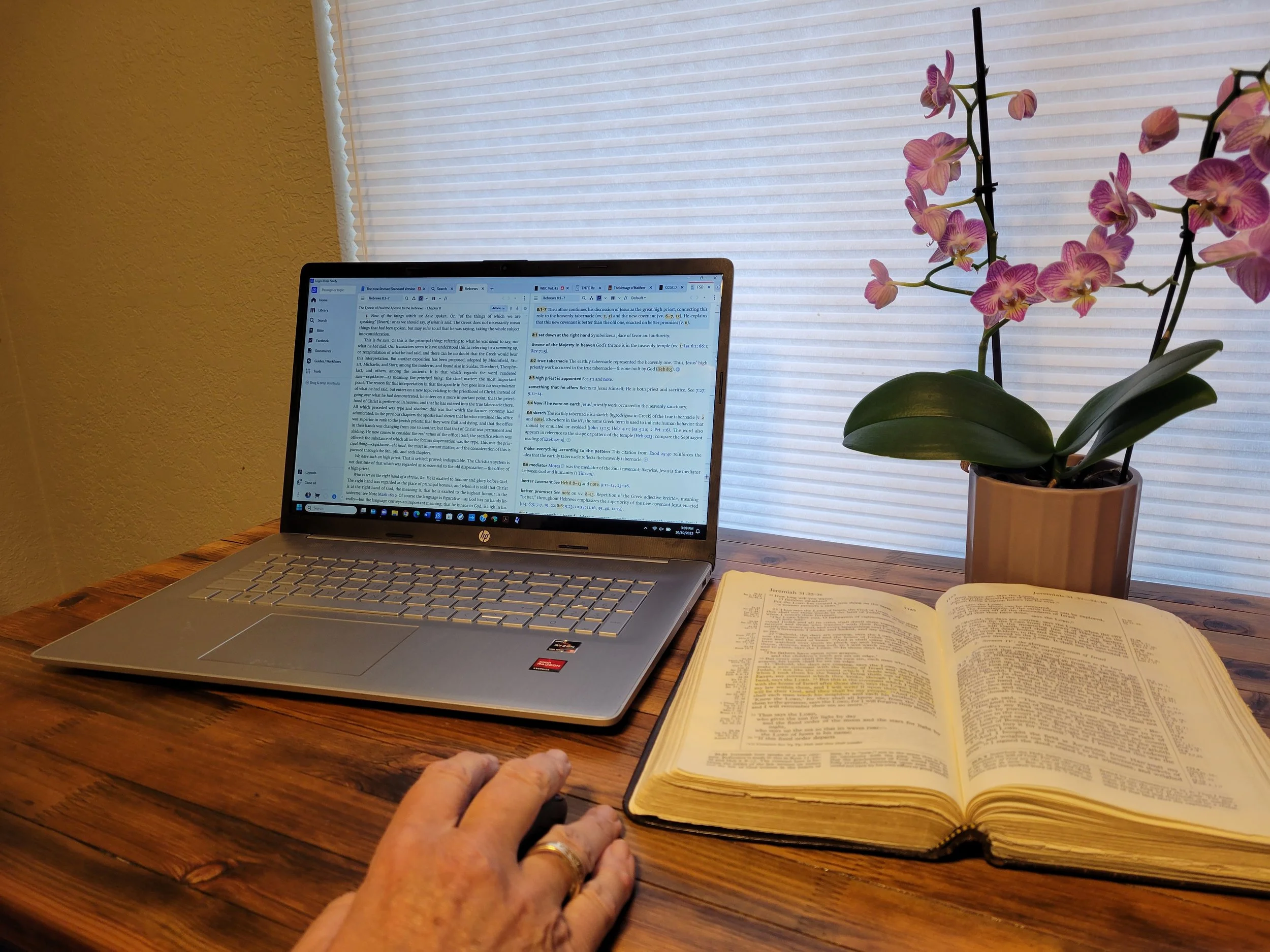Final Reflections on Advent (For This Year)
As I write this, it is the last day of Advent, and I look back with one last reflection. Almost all the Biblical thoughts on Christmas are based on the nativity stories from Matthew and Luke. Some are on the prologue of John. I want to think today with both reflection and anticipation on what is often called, “The Christ Hymn” in Philippians 2:5-11.
5 In your relationships with one another, have the same mindset as Christ Jesus:
6 Who, being in very nature God,
did not consider equality with God something to be used to his own advantage;
7 rather, he made himself nothing
by taking the very nature of a servant,
being made in human likeness.
8 And being found in appearance as a man,
he humbled himself
by becoming obedient to death—
even death on a cross!
9 Therefore God exalted him to the highest place
and gave him the name that is above every name,
10 that at the name of Jesus every knee should bow,
in heaven and on earth and under the earth,
11 and every tongue acknowledge that Jesus Christ is Lord,
to the glory of God the Father. (NIV)
Most modern translations, as with the NIV, set this passage off in verse form, suggesting its hymn-like quality. Many believe it was, in fact, a pre-existing hymn of the early church before Paul wrote Philippians. My concern now is what it tells us about the ongoing meaning of Advent.
There is great sacrifice in the manger. We usually think of the gifts given to the infant Jesus of gold, frankincense, and myrrh. But the great gift is for us and is the one in the manger! I have no way of comprehending Philippians 2:6-7. What does it mean to be “in very nature God,” and have equality with Him? Further, what does it mean that the Son emptied Himself? In trying to comprehend it, we must see this as an incredible sacrifice. In the weakness and vulnerability of an infant lies One who was once omnipotent and immortal. This is a profound sacrifice, and no amount of gold or spices can come close to the value of this gift. We did not ask for this gift, but out of love beyond our knowing, He chose to come for us, and in spite of our rebellious nature to redeem us. Jesus sacrificed Himself thirty-three years before the cross.
Yet, the Incarnation is tied to the cross. Jesus’ humility not only brought Him to be mortal, but to an obedient death, even the most cruel and significant death, bearing God’s cup (Mark 14:36 and parallels) and curse (Duet. 21:22-23, Gal. 3:13). That the journey to the cross was a journey of obedience tells us that this was a part of God’s purpose in sending His Son. Jesus willed to do His Father’s will.
The incarnation is also tied to His second advent. In His first advent, shepherds and magi kneeled before Him. When He returns, every knee in heaven and on earth, spirit and flesh, like it or not, will bow and confess what may have been hidden in Bethlehem, that Jesus, Messiah, is Lord. The Incarnation is forward-looking and forward-warning, while for those in Christ, forward-longing.
In light of Christmas, how shall we live? Paul’s answer is clear, though not easy. We follow Jesus, with His mind. As it was with Jesus, we live our lives as a sacrificial gift to and for others. Who can do this on their own? Thankfully, while we “continue to work out (bring to a conclusion) [our] salvation with fear and trembling,” we can know that, “… It is God who works in [us] to will and to act in order to fulfill his good purpose” (Philippians 2:13 NIV).
Tim Kelley

